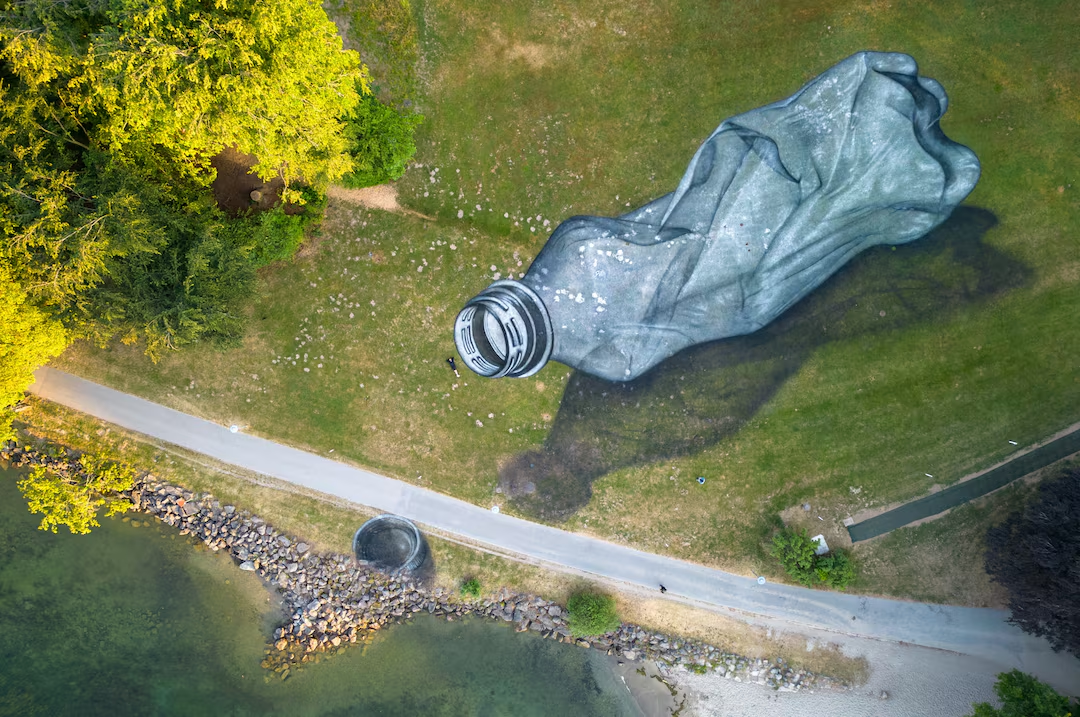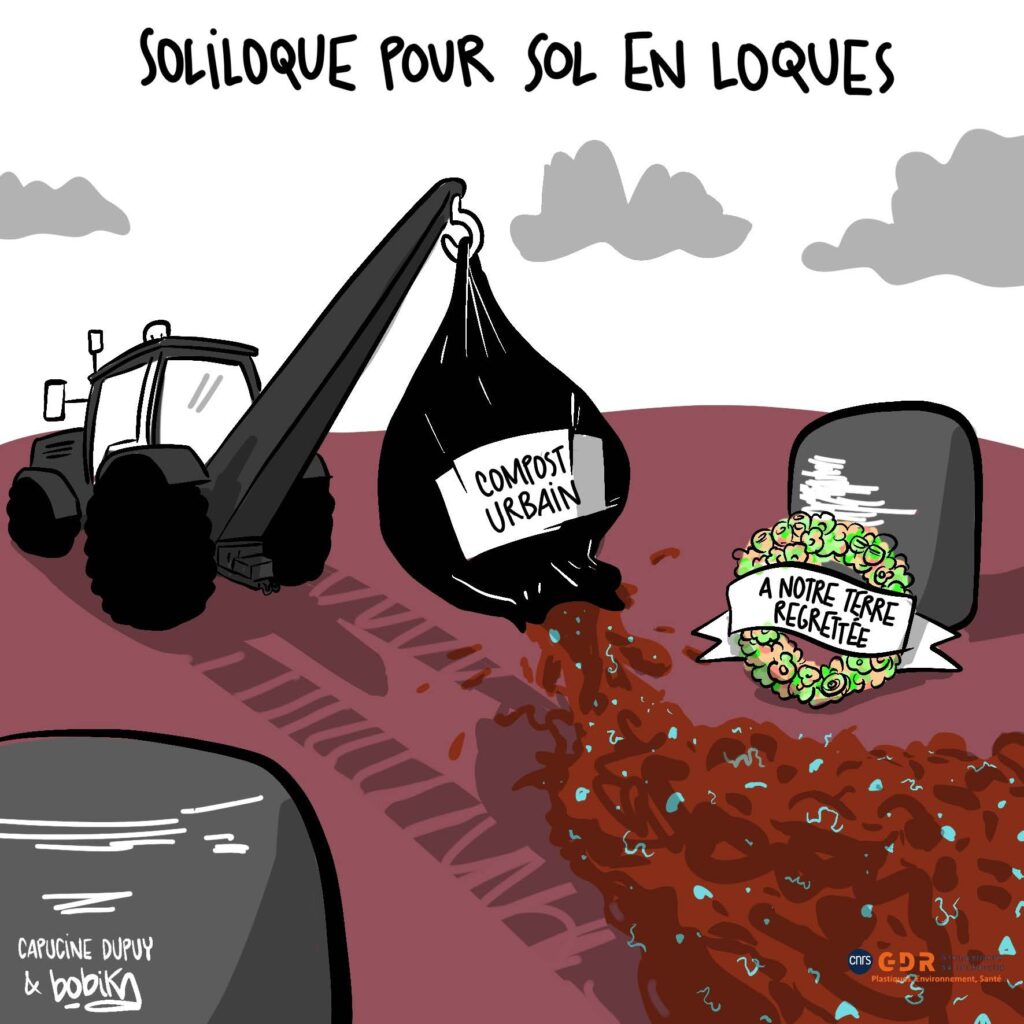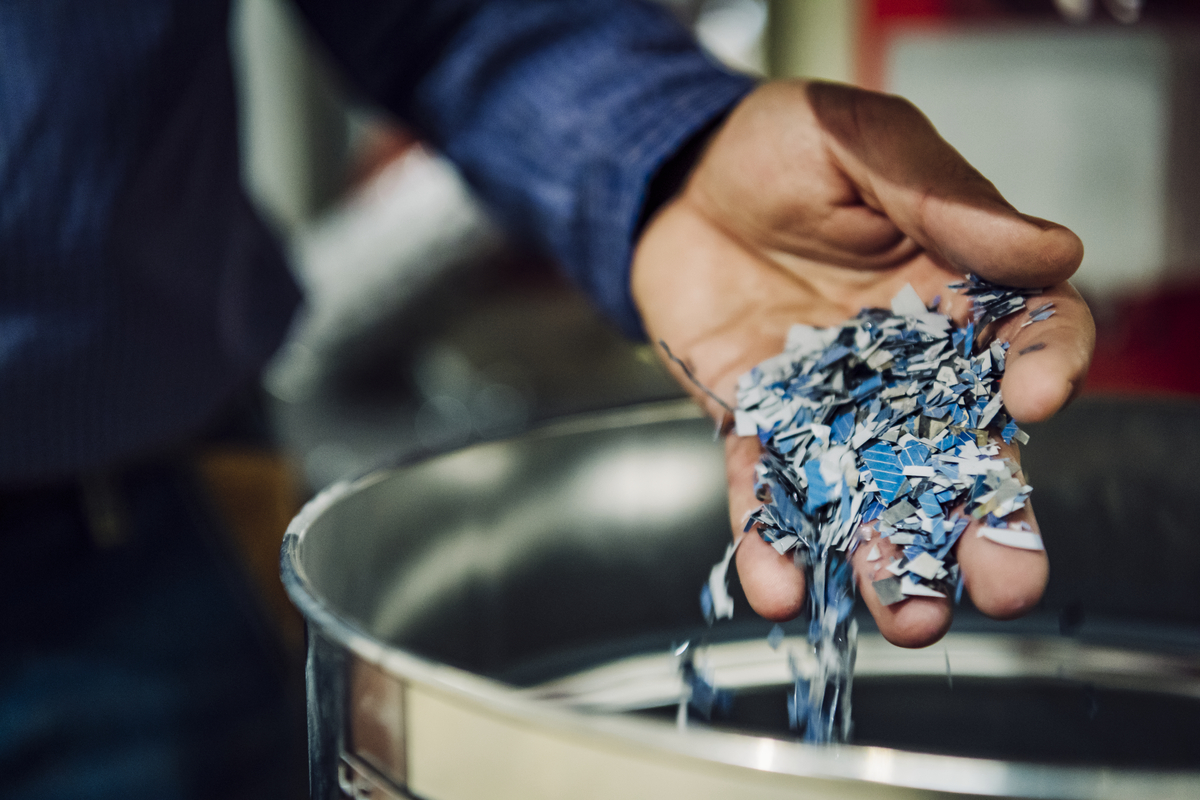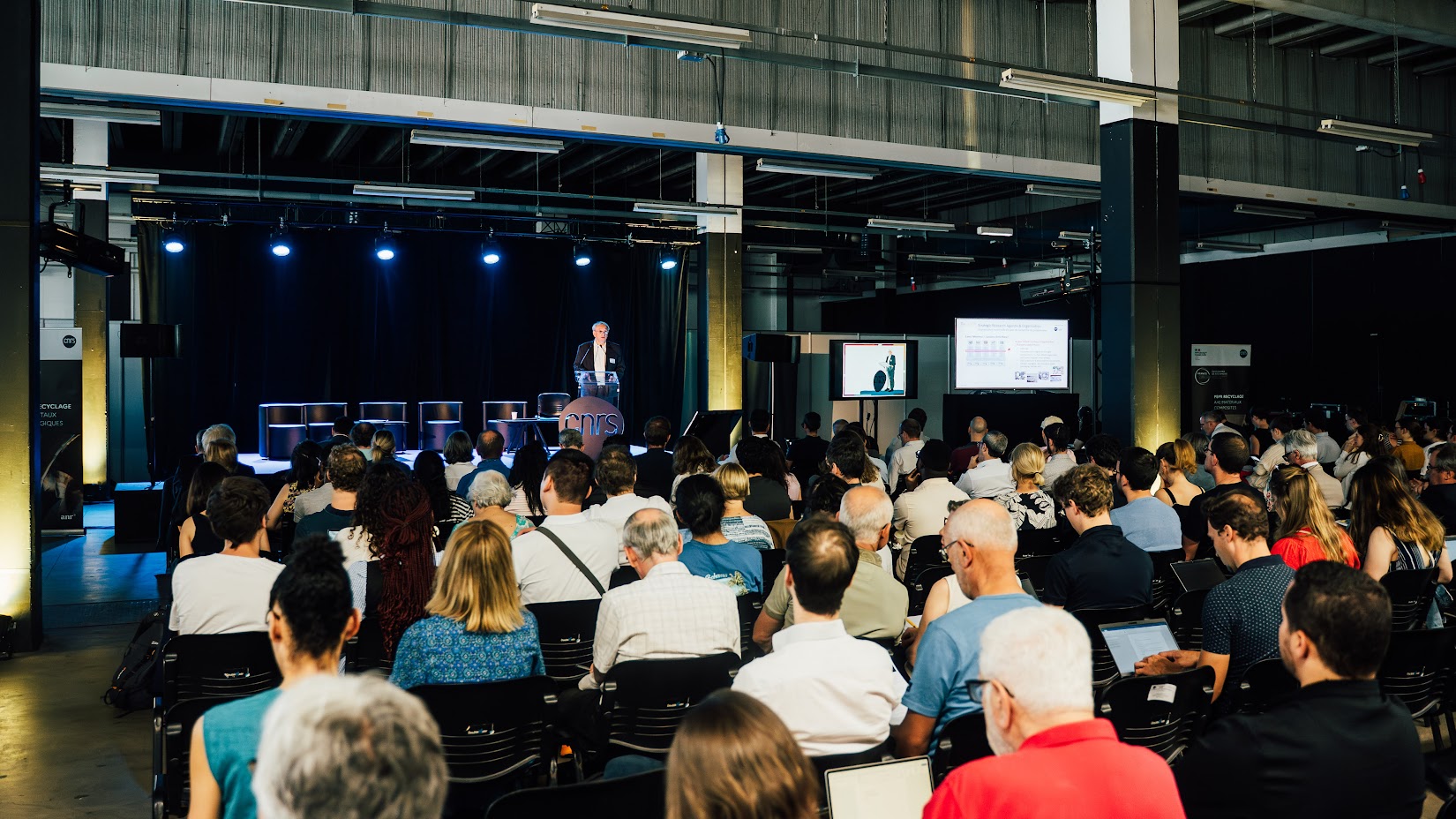
Restitution of
ESCo Plastics
The conclusions of the collective scientific expertise (ESCo) led by INRAE and CNRS, on plastics used in agriculture and food, were presented during a restitution conference on May 23 at the Grand amphi MGEN in Paris.
Global contamination of agricultural soils is (…) greater than that of the oceans and is a major cause for concern.
This alarming conclusion is that of the collective scientific expertise (ESCo) led by INRAE and CNRS, on plastics used in agriculture and for food, presented last week.
To gain insight into the use of plastics in the agricultural and food system, and the pollution it causes, ADEME and the ministries responsible for agriculture, food, and ecological transition asked these two research organizations to conduct a multidisciplinary and European scientific assessment. This report, commissioned in 2021, is drawn from a study of 4,500 academic publications and legislative texts by a collective of around thirty French and European scientists from different disciplines.
This collective used a systemic and historical approach to understand the role of plastics and question their sustainability in food value chains. They addressed the relationships between the petro- and bio-sourced origins of plastics, their composition, and their properties. They examined scientific knowledge relating to plastic waste management strategies, particularly recycling and biodegradation, as well as the dispersion of plastics and the resulting impacts on the health of continental ecosystems and human beings.
In terms of recycling, the expert’s findings are bitter:
- Globally, the majority of plastic waste is landfilled (64%),
- At European level, they are mainly incinerated (42%),
- In France, they are almost equally collected for recycling, incinerated or buried (respectively 35%, 33% and 32%).
On a more positive note, the amount of plastic waste sent for recycling has doubled in Europe over the past 15 years, reaching 35% today, thanks in part to improved collection and sorting systems. However, the leaders of this expertise are unanimous: the main challenge is, above all, to reduce our plastic consumption.
Alongside the Paresys project manager Lise (INRAE), the three scientific pilots of this ESCo are members of the PEPR Plastics axis: Muriel Mercier Bonin, research director at INRAE, Baptiste Monsaingeon, lecturer at the University of Reims Champagne-Ardenne, and Sophie Duquesne, university professor at Centrale Lille and co-pilot of the axis.
The research of the PEPR Plastics axis is part of this desire to improve plastic waste management. Its objectives include analyzing the presence of contaminants, removing technological barriers to mechanical recycling, developing chemical recycling, and studying more cross-disciplinary approaches, including eco-design, flow analysis, and stakeholder interactions.
Cover Image Credit: Saype – land-artist

This image is the initiative of the Plastics, Environment, Health Research Group (GDR PES), a GDR that brings together the French-speaking community working on the presence of plastics and associated contaminants in all environments (soil, air, water) and their impact on the health of ecosystems and humans.
It illustrates research indicating that 60% of European soils are degraded, notably due to plastic. Ironically, these plastics come largely from the spreading of certain composts supposedly intended to maintain soil fertility. Biowaste composted with sludge from sewage treatment plants or general waste from which the supposedly compostable or fermentable fraction (OMR) has been extracted. Studies on fields where composts derived from OMR are spread reveal an average of more than 400 kg of plastic pieces measuring 2 to 5 mm per hectare in the first 20 cm of soil, to which are added even smaller fragments.
More news


